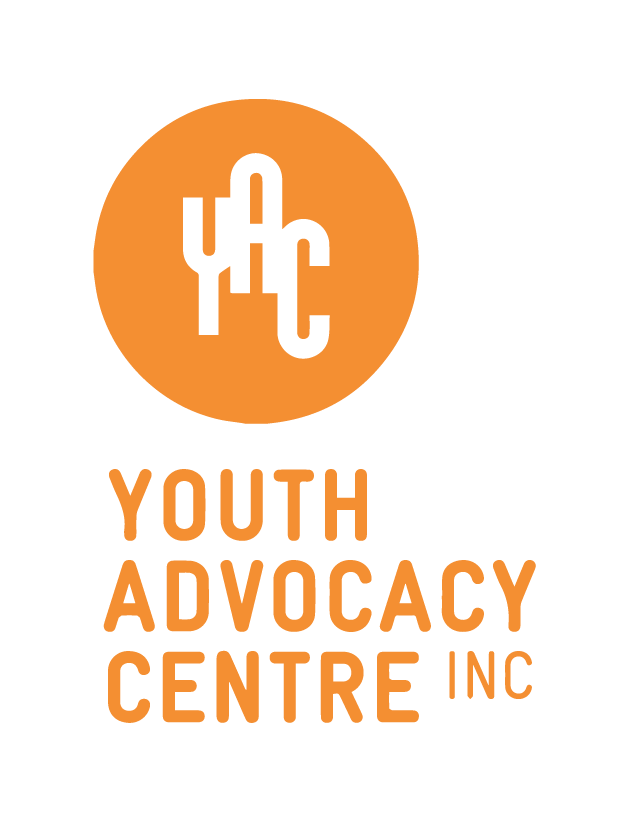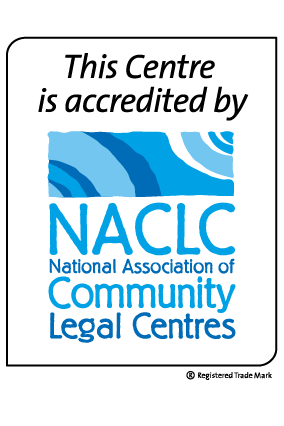Affirmative Practice Guide for Working with LGBTIQAP+ Sistergirl & Brotherboy Young People
Experiencing Homelessness in Brisbane
Did you know that LGBTIQAP+ Sistergirl and Brotherboy young people are significantly over-represented in experiences of homelessness and housing issues? Luckily, workers and organisations can take many steps to make their practice more affirming and inclusive, which significantly improves access to housing and support, as well as mental health outcomes.
About the Guide
This guide was developed in 2020 with Open Doors and funded by a Community Development and Capacity Building grant from Brisbane City Council.

Whilst it is not exhaustive, this guide is intended as a starting point for improving practice within the youth
housing and homelessness sector in Brisbane.
An important issue within the sector is how to best respond to the over-representation of LGBTIQAP+ Sistergirl
and Brotherboy young people experiencing homelessness.
Unfortunately, a range of factors have resulted in this community being made invisible, with many workers in
the sector indicating that LGBTIQAP+ Sistergirl and Brotherboy young people aren’t accessing their services.
It’s important not to assume that you will know when young people identify as LGBTIQAP+ Sistergirl or
Brotherboy.
Luckily, workers and organisations can take many steps to make their practice more affirming and inclusive
without needing to know which young people identify. Small and simple actions can make a big difference
– the measure of success isn’t the number of young people that ‘come out’ to you but how these young
people feel about themselves and feel about accessing your service. If young people do feel safe to disclose,
research has found having at least one accepting adult in their life can reduce the likelihood of attempting
suicide by 40%! (The Trevor Project, 2019)
This guide is intended for anyone who is working with young people who are:
- Sleeping rough
- Couch-surfing
- Accessing immediate crisis accommodation
- Staying in transitional or community housing
- Seeking support to sustain their tenancy
- Seeking outreach/mobile support around housing and experiences of homelessness.
This guide has been informed by international and Australian best practice research, alongside consultation
with young people and Brisbane-based organisations and workers.
It has also been developed in alignment with Open Doors’ model for creating affirming cultures:
- Continue building knowledge and understanding
- Understand a person’s individual identities and experiences within a broader socio-political context
- Support LGBTIQAP+ Sistergirl and Brotherboy inclusion and challenge discriminatory behaviours
- Privacy and confidentiality
- Apologise when you make a mistake and
- Ensure affirming referral pathways
Contact YAC
Street address: Level 4, 16 Peel Street, South Brisbane Q 4101
Mailing address: Level 4, 16 Peel Street, South Brisbane Q 4101
Tel: (07) 3356 1002
Bussiness hours: 9am - 5pm, Mon - Fri

If you need urgent assistance outside of these hours:
- Youth Legal Advice Hotline 1800 527 527 (Mon to Thurs 8am - 9pm, Friday 8am to Sunday 5pm)
- Kids Helpline 1800 551 800 (24/7, 365 days per year)
- Lifeline 13 11 14 (24/7, 365 days per year)
- Homelessness Hotline 1800 474 753 (24/7, 365 days per year)
- If you are over 18, and seeking access to Mental Health Services in Queensland, Acute Care Team on 1300 MHCALL (1300 64 2255).


